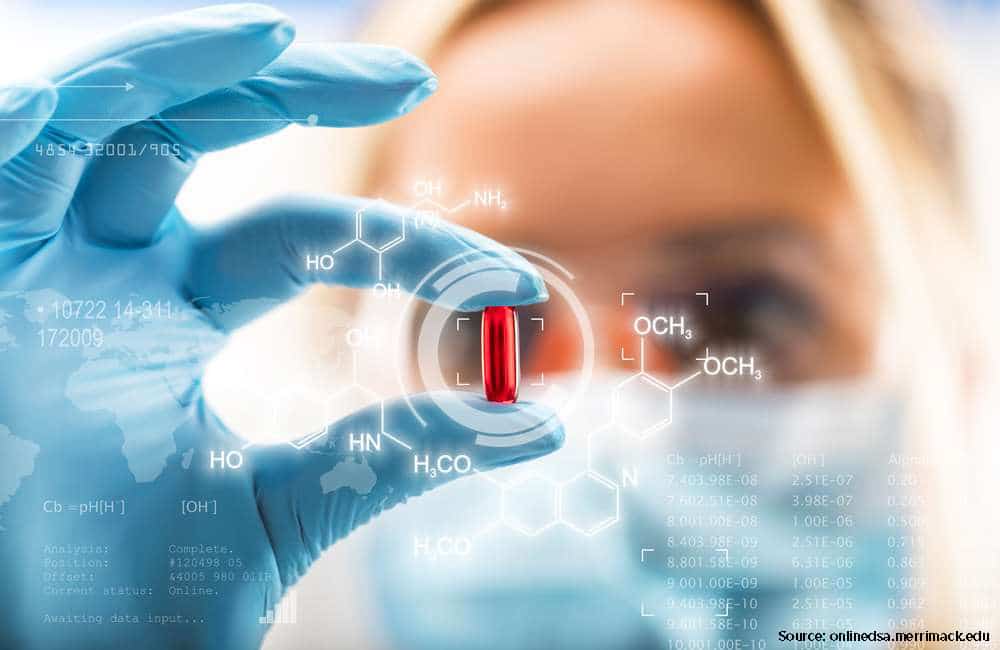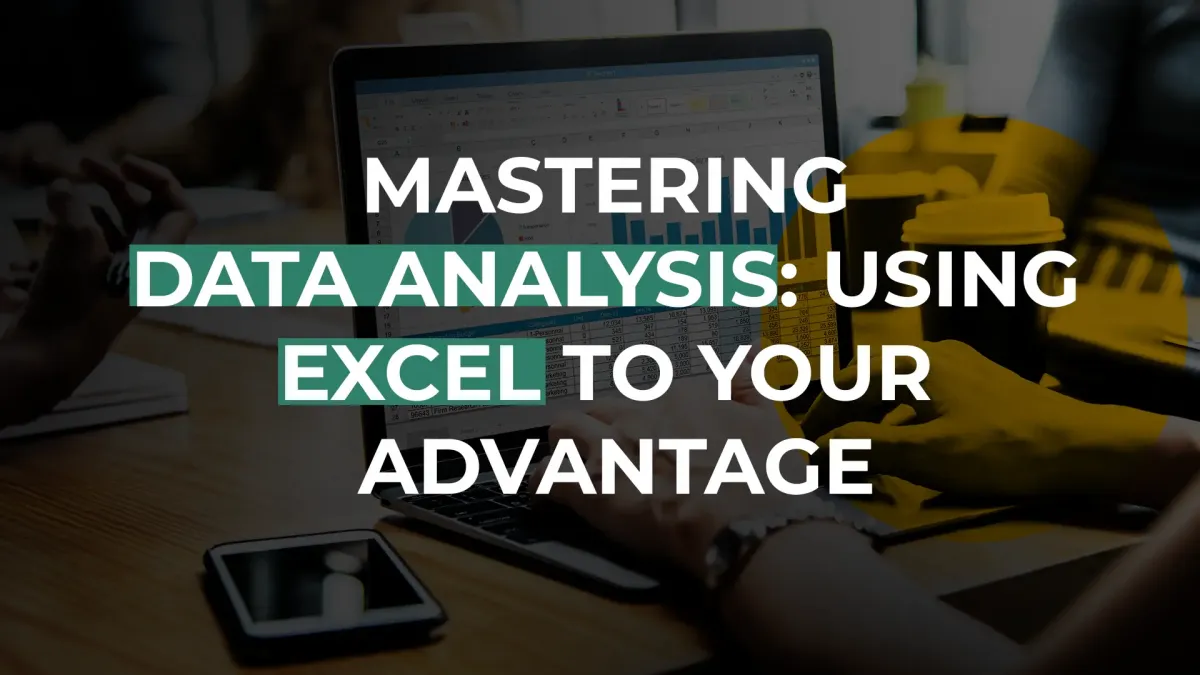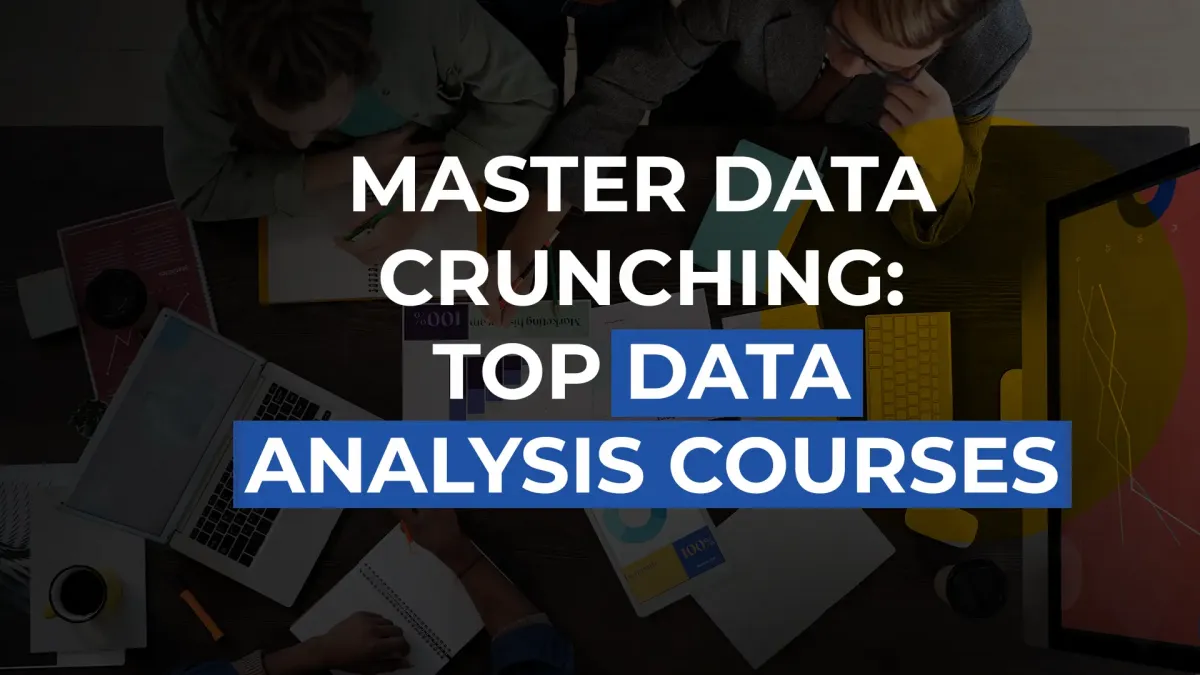
“Data has the potential to completely transform the way we develop medicines”, said Novartis CEO Vas Narasimhan at the beginning of 2018.
He believes that leading pharmaceuticals like Novartis sit on a “goldmine” of vast datasets, which are built after conducting innumerable studies in thousands of diseases. There is huge untapped potential in this curated and clean data sets. If utilised constructively, it can completely transform the way drugs are developed.
The global pharmaceutical companies are no strangers to Data Science. Companies like Pfizer has employed Data Science and Machine Learning since a couple of years. Even Novartis is seriously committing itself to become a Data-backed company. It has started appointing high-profile Data Science experts from outside the industry.
The Pharmaceutical Journal, reveals that it takes approximately 7-10 years to develop a new medicine. This means there is a vast amount of clinical and molecular data stored in proprietary networks. Apart from the availability of huge datasets, there are other methods which are being adopted by the pharmaceutical companies to exploit the power of Data Science in drug development and ancillary areas.
Methods adopted by Pharmaceutical companies to exploit the power of Data Science in drug development and ancillary areas
Some of them are:
Increased networking and collaboration:
Far removed from the trends in the past, the pharmaceutical companies are now actively collaborating for various phases of their drug development process. The entire pharmaceutical industry collaborates securely on a cloud-based platform during the clinical trial stage. The collaboration is usually with data management companies or Contract Research Organisations (CROs)
Calling out academicians and researchers:
During drug development, there are many compounds which are developed externally by scientists. The pharmaceutical companies are inviting researchers from outside to submit their compounds for selection purpose. This screening is done using the proprietary data tools of the pharmaceutical companies. The compounds which have the potential to be developed into drugs are selected.
Designing a drug development strategy through sentiment analysis:
Before developing a medicine there has to be a strategy behind it. This strategy takes many factors into consideration such as sentiment of the physicians, consumers, possible safety concerns etc. With the increased presence of social media, nowadays pharmaceutical companies are directly interacting with doctors, patients and other involved parties to understand the issues, concerns, costs involved and other relevant factors before designing a strategy.
Use of Predictive Analysis:
In the drug discovery process, the pharmaceutical companies spend a lot of time and money on screening compounds which have the potential to be formulated into drugs. To ease the process, companies are now applying predictive analysis. The analytics model wades through a humongous amount of clinical and molecular data to identify the compound which can be developed into a possible drug based. The criteria for designing the predictive model is based on the chemical structure, drug targets, and disease goals any other characteristics. The predictive model can also be used to develop possible risk factors or fatality indicators.
Focussed Drug trials: Clinical trials are a long, expensive and cumbersome process. However, data science can help in cost reduction of clinical trials to a great extent. The first step in a clinical trial is the selection of the target population for trial. Data science techniques can work on multiple data sources such as publicly available health database, social media platforms and other public sources of information to select the target population. The data science also does real-time monitoring during the clinical trials. There are computer models that will predict side-effects or any expected adverse reaction of the trial.
The use of Data Science in the Pharmaceutical industry is not just restricted to drug discovery, formulation or clinical trials. The pharmaceutical companies also use data science to market the products. Unlike yesteryears when a medical representative used to visit doctors personally to market their products, at least 25% of the marketing today is delivered over a digital platform.
With the help of biosensors, smart pills, bottles and digital at-home medical devices, monitoring patient health has become a lot simpler. Real-time monitoring of patient health after the use of the formulated drugs is used to conduct R&D, analyse the effectiveness of the drug and enhance the sale of the drugs.







Leave A Comment